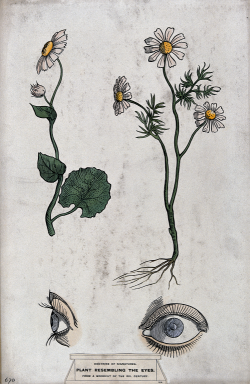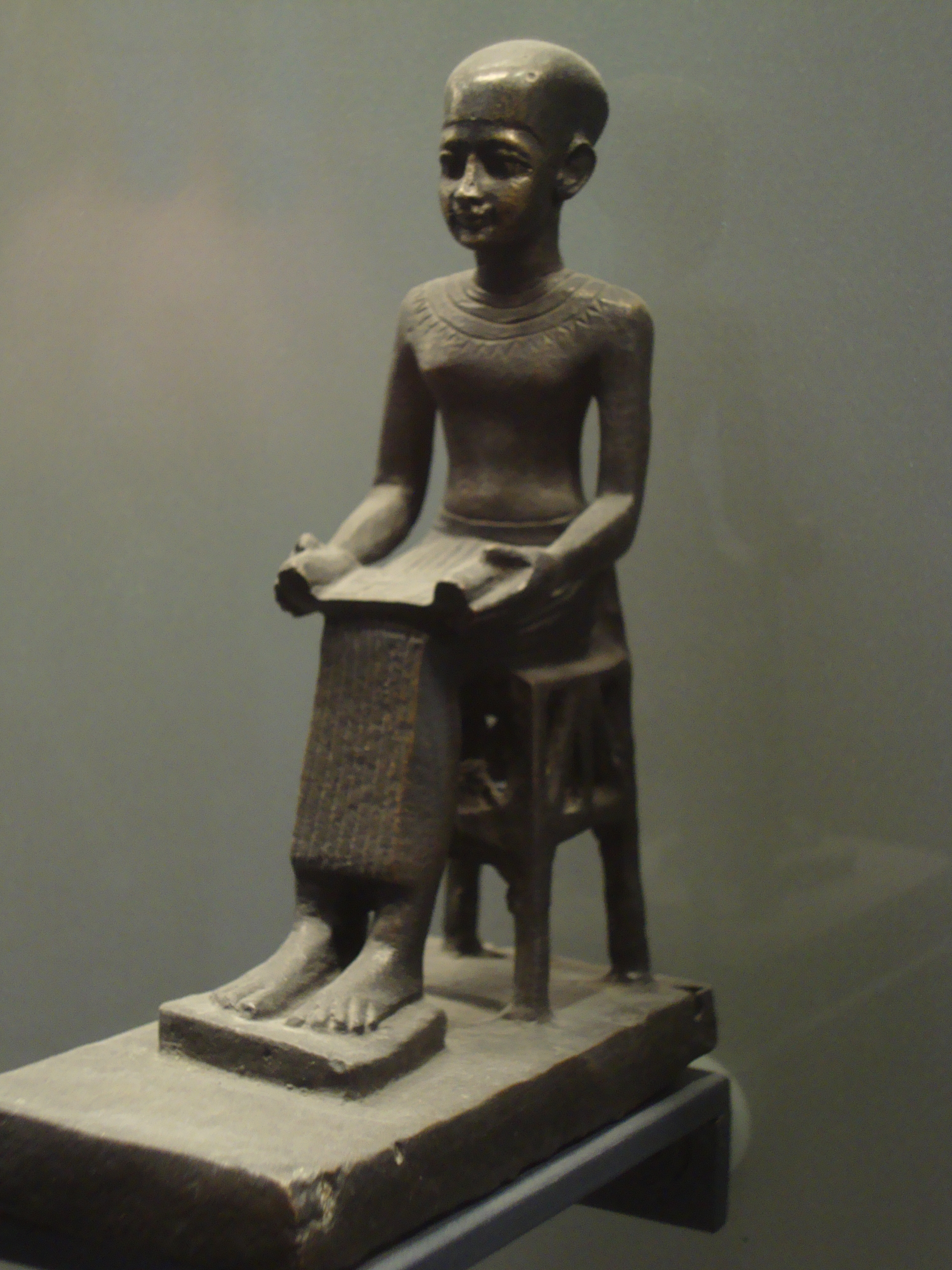
Wikimedia Commons
Astrological medicine, sometimes known as astrological botany, is based on the notion that if plants or seeds are to be used for medicinal purposes then their planting and collection must be carried out with regard to the positions of the planets and other heavenly bodies, which are at the heart of the disease process. For instance, herbs intended to be used on male patients should be gathered when the Sun and Moon are in one of the male signs of the zodiac such as Sagittarius or Aquarius, whereas those for the treatment of females should be gathered under a female sign such as Virgo.[1] Astrological medicine was often used in conjunction with the doctrine of signatures Observation that the form of a medicinal plant in some way resembles the organ or disease it can be used to treat., which held that the physical form of a plant reflected its medicinal use.[2]
Observation that the form of a medicinal plant in some way resembles the organ or disease it can be used to treat., which held that the physical form of a plant reflected its medicinal use.[2]
In the words of Agnes Arber, England became “badly infected” with astrological botany during the 17th century, when its most “notorious” practitioner was Nicholas Culpeper.[3]
Origins

Wikimedia Commons
According to the autobiographical introduction in De virtubitus herbarum, probably written between about 100–150 CE, its author Thessalos gained his knowledge of astrological medicine with the help of an old Egyptian priest he met in Thebes. While browsing the libraries of Alexandria, Thessalos had come across a book written by the Egyptian king Nechepso, which contained twenty-four treatments for medical conditions based on the use of stones and plants. But when he tried the remedies for himself they proved to be completely useless. Undaunted, Thessalos travelled to Egypt in the hope of finding someone who could explain what it was that he had not understood. Eventually he met a priest who claimed to be able to conjure up divine entities. Thessalos asked to consult with the god Asclepius,[a]Asclepius is the Greek name for the Egyptian god Imhotep, patron of medicine and healing who explained that because Nechepso had not obtained his knowledge of the medicinal properties of plants from the gods, he was ignorant of the importance of the time and place of picking the plants. Asclepius then revealed to Thessalos the twelve plants assigned to the zodiac, when to harvest them, and how to use them.[4]
Mainstream medicine
Despite the existence of texts such as De virtubitus herbarum, what might be called mainstream medicine developed along the ideas put forward by the Ancient Greek physicians such as Hippocrates and Galen. The notion that ill health derived from an imbalance in the four humours making up the human body – blood, air, phlegm and water – lingered on until the medieval period.[b]Hippocrates is however credited with having said that “A physician without knowledge of Astrology has no right to call himself a physician”. By then a hierarchy of physicians had developed, at the head of which were those who had been academically trained, usually at a university. Below them were surgeons, barber-surgeons, specialists such as dentists, and midwives. Only the learned physicians could perform diagnoses, although actual treatment was often carried out by others,[5] including cunning folk or folk healers, some of whom found themselves accused of sorcery or witchcraft.
Paracelsus (1493/4–1541), widely credited as the father of modern medicine, rejected that received wisdom, arguing instead that sickness resulted in the body being attacked by external agents. But he was also an alchemist, who believed that remedies could not work if they were not in concordance with the stars, as “a remedy cannot act without the heavens, it must be directed by them”.[6]
17th-century resurgence
Herbals of the 17th century are marked by a return to the influence of the heavenly bodies on the plants used to treat medical conditions, but they reflected “a travesty rather than a reflection of the ancient astrological lore” according to the gardening historian Eleanour Sinclair Rohde. The most notorious of this new breed of astrological physician was Nicholas Culpeper (1616–1654).[7]
By the end of the 17th century astrological medicine was falling out of favour, as astrology itself came under increasing attack. The medical writer John Cotta may have expressed the changing sentiment best in his A Short Discoverie of Several Sorts of Ignorant and Vconsiderate Practisers of Physicke in England, first published in 1612. While agreeing that the motion of the stars has an effect on the human constitution, he argued that such an effect, although profound, was remote, and so physicians should focus their efforts on the immediate causes of diseases.[8] But what may ultimately have sounded the death knell for astrological medicine was the satirical attacks by writers including Jonathan Swift in England and Benjamin Franklin in America on what they saw as the quackery of the practice.[8]
Notes
| a | Asclepius is the Greek name for the Egyptian god Imhotep, patron of medicine and healing |
|---|---|
| b | Hippocrates is however credited with having said that “A physician without knowledge of Astrology has no right to call himself a physician”. |
